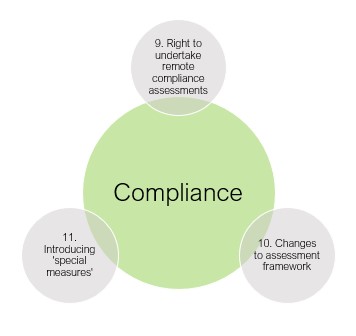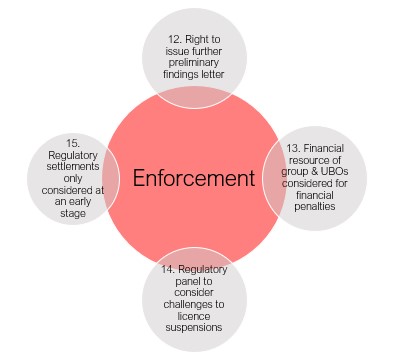White Paper Series: The End of the Beginning VIXIO Webinar
On 16 May 2023, Bahar Alaeddini appeared as a panellist on a VIXIO GamblingCompliance webinar titled “The End of the Beginning” together with Dan Waugh from Regulus Partners, in which they discussed some of the key proposals of the White Paper, where we go from here and the impact:

